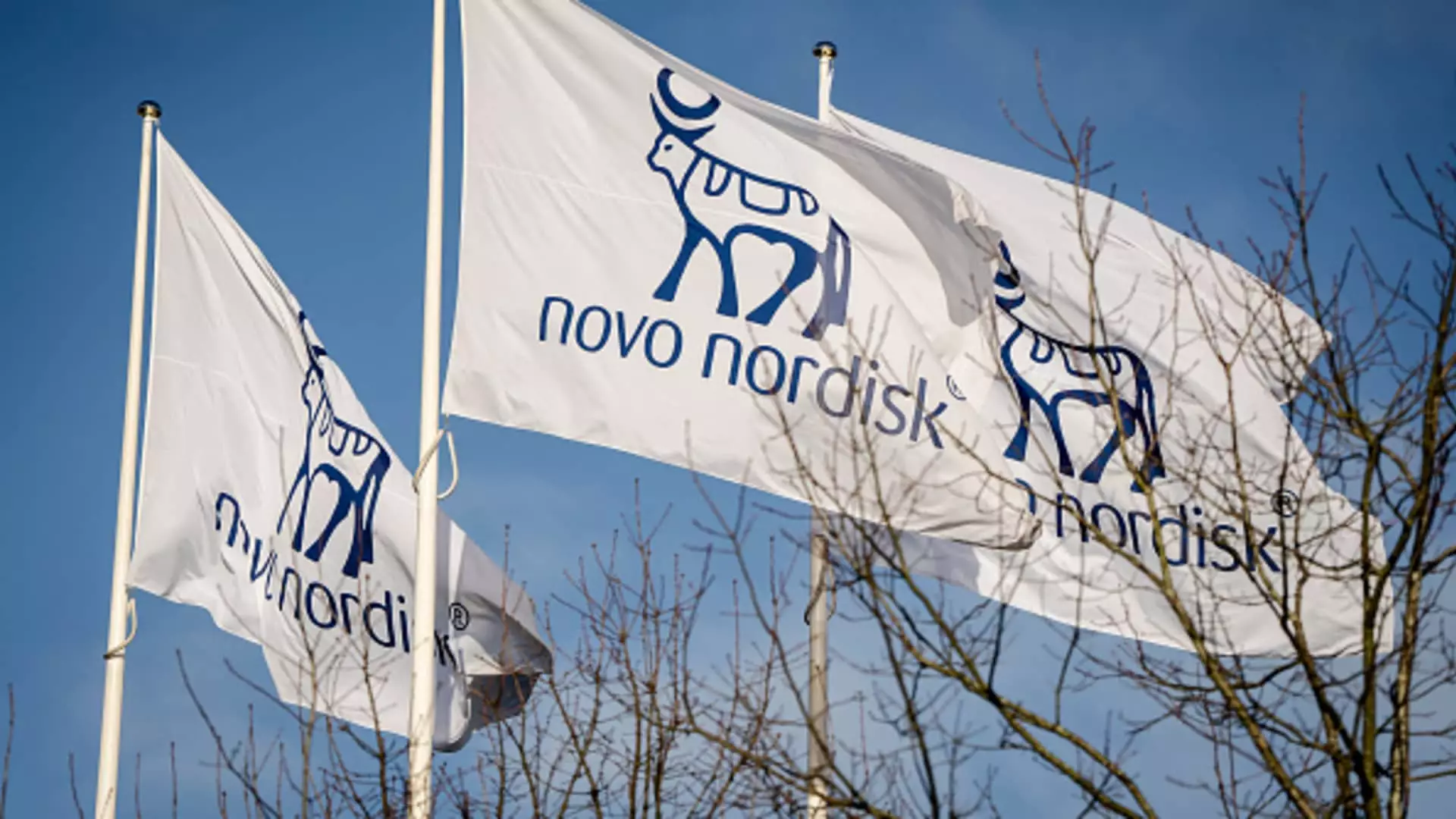Novo Nordisk’s announcement surrounding Rybelsus, its revolutionary diabetes pill, presents a significant advancement in the management of diabetes, particularly for individuals grappling with both diabetes and heart disease. The late-stage trial results showcased a remarkable 14% reduction in the risk of cardiovascular-related deaths, heart attacks, and strokes over an average duration of four years. This statistic alone not only epitomizes the potential of Rybelsus as a vital treatment option but also underscores the importance of such innovations in the health sector.
Utilizing Rybelsus, which is already well-regarded for its effectiveness in managing Type 2 diabetes, can serve as a beacon of hope for many patients. By extending its approval to include cardiovascular benefits, Novo Nordisk is addressing one of the pressing challenges in diabetes care. The need to reduce cardiovascular risks is paramount, and Rybelsus’s efficacy in this arena could dramatically change the medication landscape.
Convenience Meets Efficacy
One of the most compelling aspects of Rybelsus is that it offers a much-needed alternative to injectable treatments, which can deter many patients from adhering to their prescribed regimens. Fear of needles or discomfort associated with injections often results in non-compliance among those who require consistent medication. The introduction of an oral option provides a less intimidating pathway for patients who might otherwise shy away from treatment.
Stephen Gough, Novo Nordisk’s global chief medical officer, aptly remarked on the need for this oral solution, emphasizing that “not everybody wants an injection.” In a world increasingly driven by convenience, having an effective oral treatment option is a powerful addition to the diabetes management arsenal.
Positive Implications for Heart Health
The findings from the trial, which involved a robust group of over 9,600 participants aged 50 years and older, demonstrate that Rybelsus is not just about managing blood glucose levels; it has broader implications for heart health. The meticulous assessment revealed that patients taking Rybelsus experienced a 26% lower risk of non-fatal heart attacks and a 12% reduction in the risk of non-fatal strokes compared to those on a placebo. Such statistics bolster the argument for incorporating Rybelsus into standard treatment protocols for high-risk patients.
The alignment of these findings with data from previous trials involving injectable GLP-1 medications—aimed at appetite regulation and blood sugar control—further solidifies Rybelsus’s standing among diabetes treatments. The consistent results across various subgroups also highlight its broader applicability, regardless of age, sex, or pre-existing health conditions.
The Balance of Risks and Benefits
While the positive outcomes are undoubtedly encouraging, it’s essential to maintain a balanced perspective. The most frequently reported side effects, primarily gastrointestinal disturbances such as nausea, diarrhea, and constipation, warrant careful consideration. Although these symptoms did not lead to significant discontinuation rates, patients should be accompanied by a thorough understanding of potential side effects when initiating treatment. Rybelsus must be taken under specific conditions—on an empty stomach and with a small amount of water— which may present additional challenges for some individuals.
It’s imperative that healthcare professionals continue to facilitate an open dialogue with their patients about the risks and benefits associated with Rybelsus. The recognition that no medical treatment is without its drawbacks is central to achieving optimal patient care.
A Call for Enhanced Accessibility
Another significant aspect that warrants attention is the need for healthcare systems to ensure that innovative treatments like Rybelsus are accessible to the myriad of patients who could benefit from it. Whether through insurance coverage, patient assistance programs, or broader healthcare reforms, a proactive approach is necessary to facilitate access to these life-changing medications. If we are to truly consider the well-being of patients, then health equity must be at the forefront of discussions regarding new drug approvals.
Rybelsus embodies the intersection of convenience, efficacy, and the potential for improved cardiovascular health in individuals living with diabetes. As Novo Nordisk spearheads this movement, it is critical for the healthcare community to continue exploring innovative means of treatment, possibly leading to more expansive options for patients in the future. This shift not only represents a pivotal step in diabetes management but could also set new standards for how we approach multifaceted health conditions moving forward.

